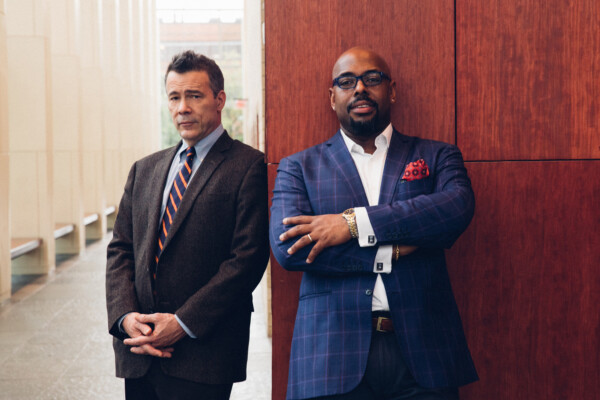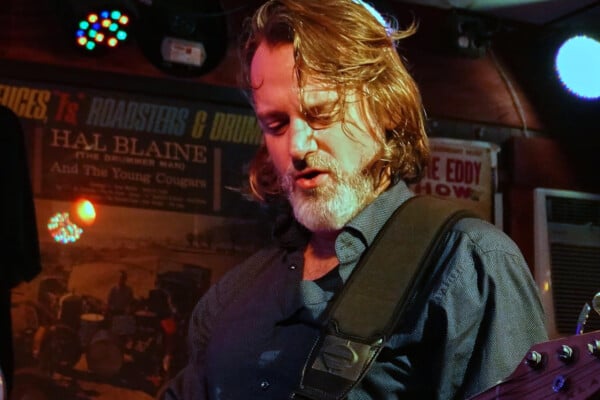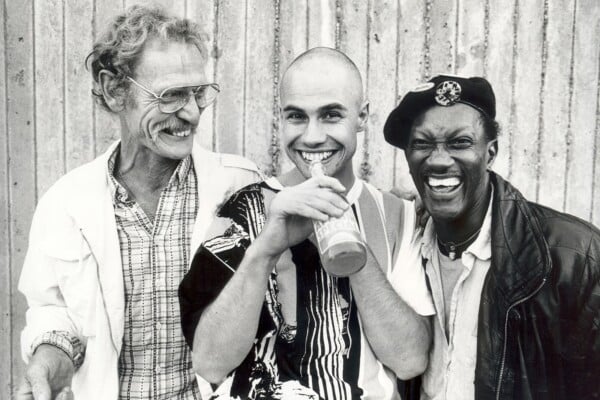Eraser: An Interview with Jan Hoffmann
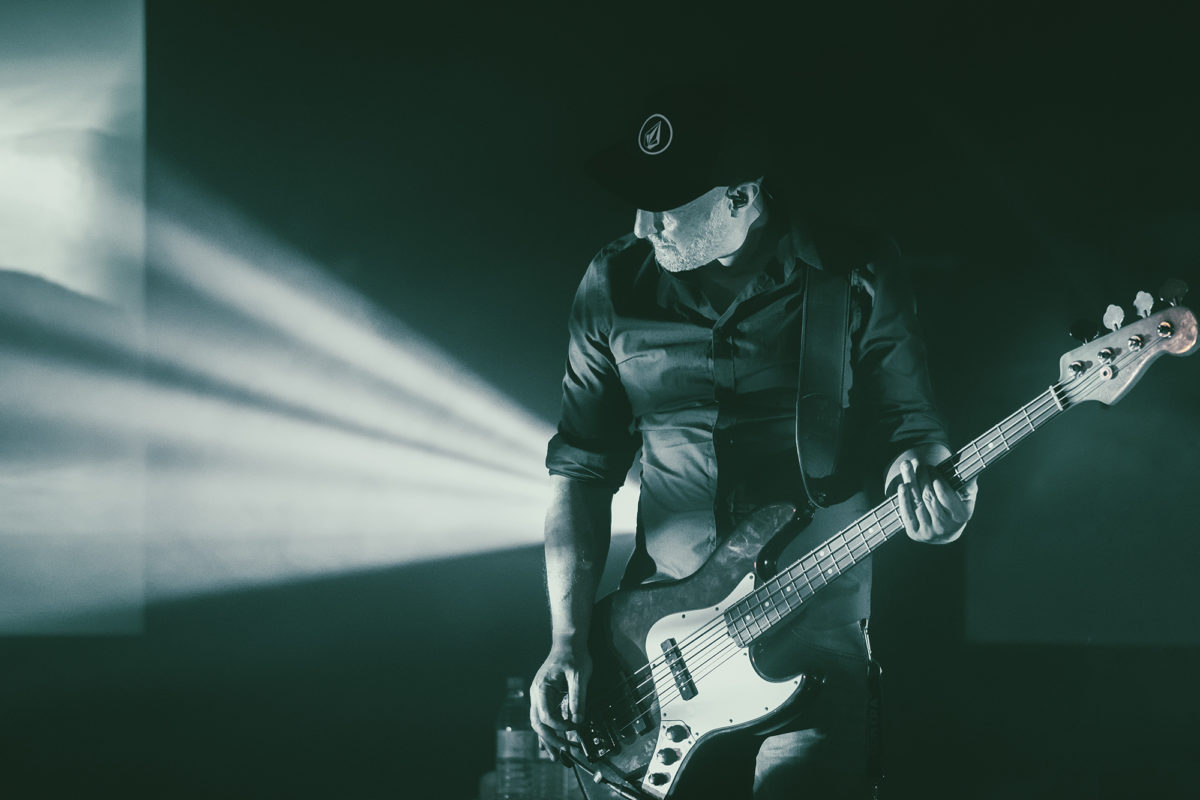
German post-rock outfit Long Distance Calling has had a fruitful few years. They’ve been hard at work churning out new records each year since 2020. This year’s effort, Eraser, will prove to be the most diverse, thanks in part to its subject matter.
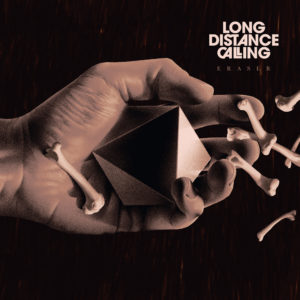 “’Eraser’ is a direct and intimate tribute to the gradual erosion of nature by man,” they write. “Thus, the band has dedicated the album to the endangered species of the world, with each song representing a particular creature threatened with extinction.”
“’Eraser’ is a direct and intimate tribute to the gradual erosion of nature by man,” they write. “Thus, the band has dedicated the album to the endangered species of the world, with each song representing a particular creature threatened with extinction.”
Each track has varying textures and feel, but they all feature killer bass work by Jan Hoffmann. Supportive yet assertive, his lines provide the skeleton from which the arrangements are fleshed out, and his approach to tone helps bring out the band’s primal animalism.
We caught up with Hoffmann to learn more about his bass playing background, the new album, and how to write through the eyes of a gorilla.
Eraser is out August 26th on CD and digital versions (iTunes and Amazon MP3). A vinyl edition ships in October.
What was your introduction to playing bass?
To be honest, I really don’t know exactly [laughs]. I remember that I listened to a lot of music as a kid, mainly the radio, and there was stuff like Phil Collins, Peter Gabriel, Michael Jackson, etc. And what got my attention the most (besides the chorus melodies) was the bass lines to which I found myself humming to while riding my bike or short before falling asleep. I think bass is something that has a lot to do with movement and emotions, and it can make you really happy when you get this massive feeling when “the bass drops, “no matter what musical style we are talking about. I guess that is what got me!
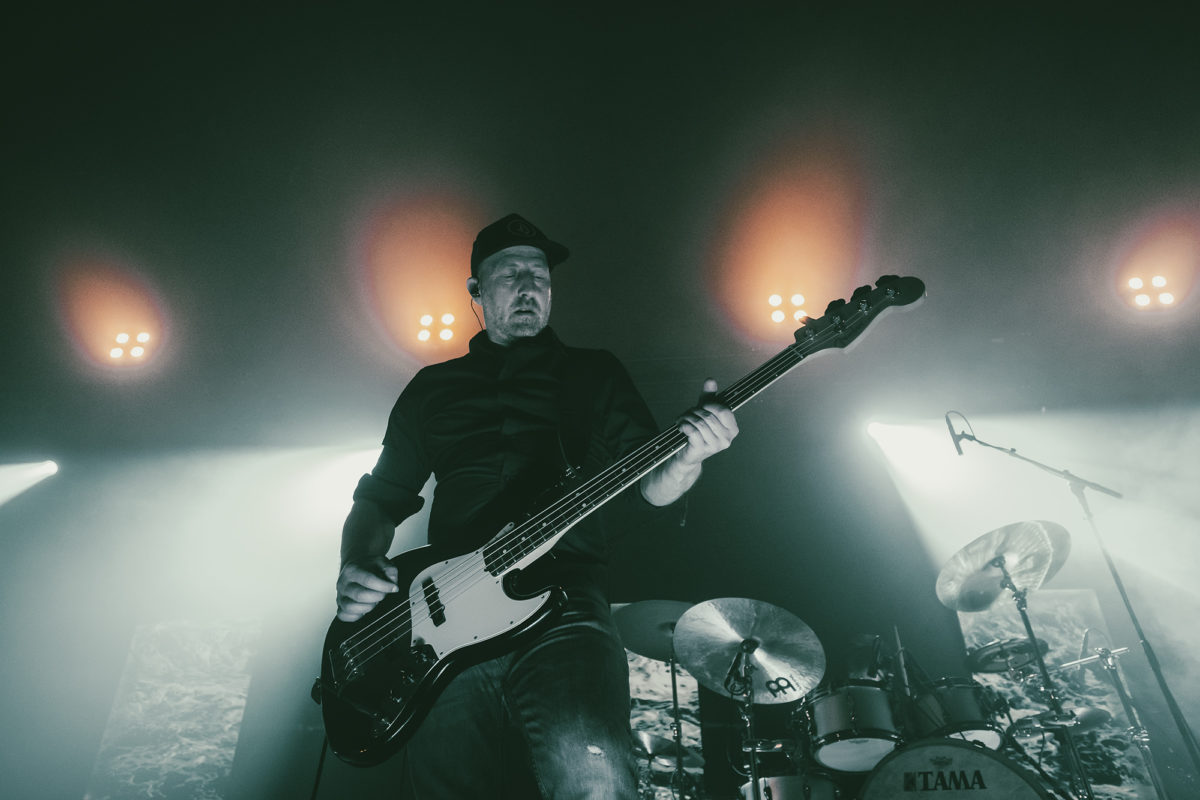
Who are your influences?
I guess my main influences are Paz Lechantin (A Perfect Circle), Chi Cheng (Deftones), and Roger Waters (Pink Floyd). I admire a lot of other players like Marcus Miller, for example, but that’s another universe, and I was always too lazy to practice stuff like that [laughs]. But the three [I mentioned] were the ones that shaped my playing, I guess.
As it was written over the past couple of years, how did your utilization of downtime affect the album’s writing process?
Actually we wrote Eraser in 2021 completely! In 2020, after the release of our last album How Do We Want To Live?, we also did an EP called Ghost, so we were very busy and creative throughout the pandemic to keep us running and sane. I think a lot of bands used the time to create new music because that was the best we all could do, and it just felt right. When you’ve got time, you get the chance to dive deeper into details and thinking.
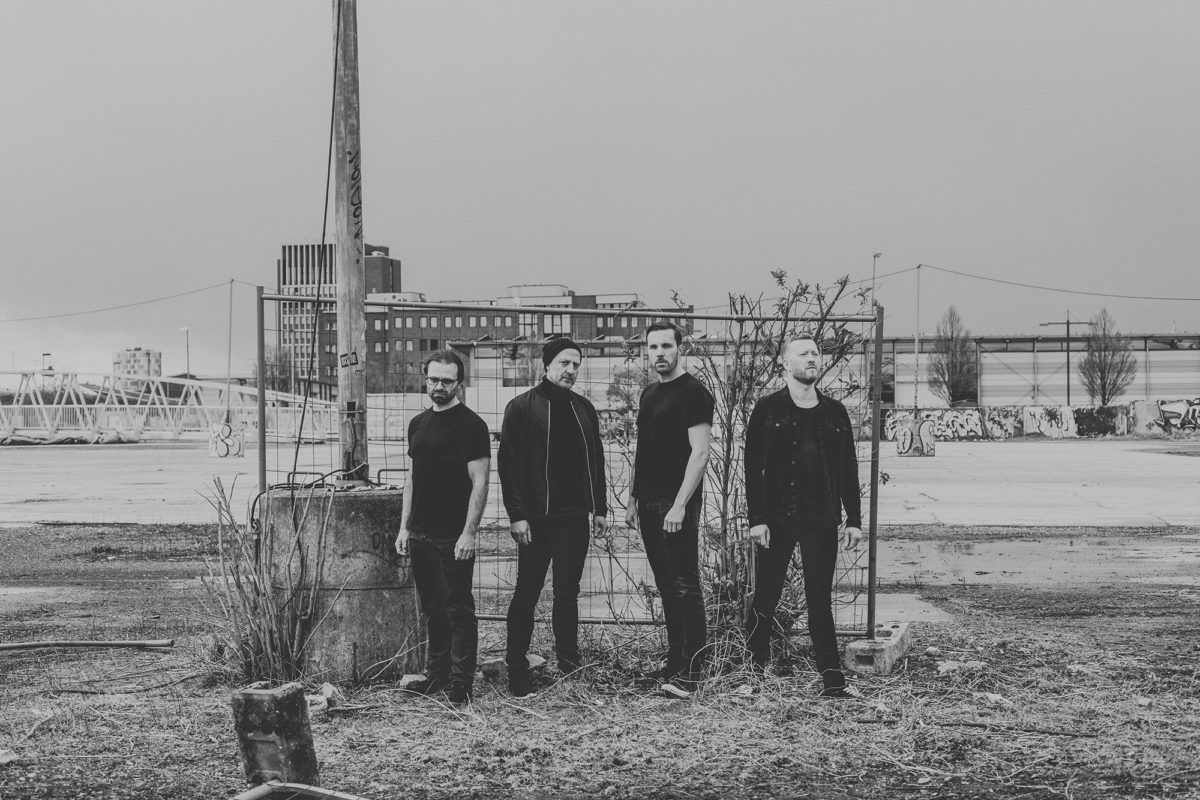
Eraser is conceptually about nature’s destruction at the hands of man. As each song is about a distinct species, how do you write bass lines to evoke that sentiment?
Well, we tried to imagine what the animals sound like, how they behave, and what their environment looks like. So for “Kamilah“ as an example, I tried to imagine a gorilla just striving through the jungle before he gets really angry because the humans burned his home to the ground.
“Sloth” marks a big shift in sonic texture thanks to the saxophone and sparse atmosphere. How did that song come about?
We made a list of endangered animals before we started writing the album, and one of those species was the sloth. We knew this must be a very slow song, but we did not want to write a doom song or something like that so we tried to create something that’s very stripped down but very atmospheric and melodic at the same time. And in the end, also thanks to the saxophone, it became this Pink Floyd vibe that we really liked, and that was something really new to our sound universe.
Eraser is LDC’s 8th album and 15 years since your debut album, Satellite Bay. From an “inside the band” perspective, how do you feel the group (and your playing) have changed?
Well, in the first place, we evolved and developed as a band and as players. In the beginning, the songs and our playing were more simple and more limited compared to now. Everything became more complex over time. Eraser is the most diverse and challenging album so far, that’s for sure. It has the heaviest and softest parts we have ever done. It’s an intense trip.
What gear are you running?
I am using pretty much the same stuff in the studio as well as live. I play a Fender Jazz Bass and a Fender Precision Bass, a Mesa Boogie Big Block amp, and an FMC 2×10” bass cab. My pedal board consists of a Darkglass Alpha Omega as a preamp and a Darkglass Alpha Omicron distortion pedal, an EBS Compressor, and a TC Electronics Nova Delay. That‘s it, I am a simple man [laughs].
What music is inspiring you right now?
At the moment, I really like the new Alexisonfire album, and I went back to listening to Pantera a lot recently. The new Porcupine Tree album is pretty good. Looking forward to seeing them later this year.
What advice do you have for up and coming bassists?
Listen carefully to songs that move you emotionally and try to find out what is moving you. Try to find your own style and keep on, let no one stop you.

